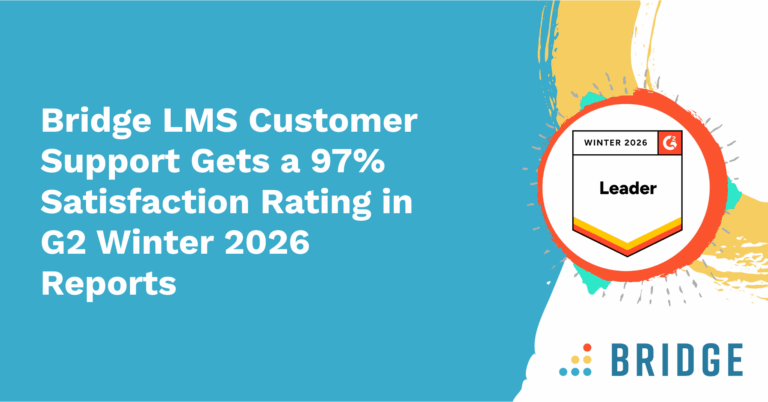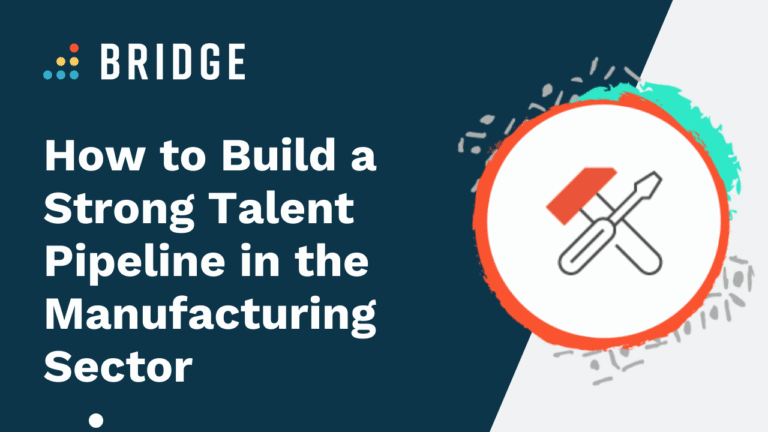Covid-19 has led to many people reassessing their priorities and changing their lifestyle as a result. According to research from Office for National Statistics (ONS) this has translated into almost a third of adults planning to make big lifestyle changes once society has recovered. And 42% of people are planning to make changes to their work.
But what lifestyle changes are they talking about? What will the future of work look like? And how do you adapt the way you run your business to make sure you are retaining and attracting the best talent? I’ve put a few thoughts under each lifestyle shift which I hope you find helpful.
1. Healthy Lifestyles on the Rise
Contrary to what you might think, healthy lifestyles are on the increase. One survey of over 5,000 adults by Better Health found that 80% of people aged over 18 have decided to adopt a healthier lifestyle in 2021.
Compared to last year, almost half of the population (43%) feel more motivated to make changes to their life this year. Of those aged between 40 and 60, 41% plan to exercise more, 40% plan to eat more healthily and 39% plan to lose weight.
If healthy lifestyles are a bigger priority, organisations should look at the benefits they offer their employees and make sure they satisfy the increased focus on health. It is also important to offer flexible/ hybrid work options to enable employees to adapt their work behaviour to fit with their new healthier commitments. Companies that proactively prompt and support people to sustain their commitments will be rewarded with happier, healthier employees who perform better at work. There is a range of things you could prompt and that line managers could take an active interest in, such as: encouraging people to take breaks including a social call with a colleague; motivating people to schedule exercise periods; supporting healthy eating with messages. Suggestions like these work best when line managers are helped to treat people as individuals within a close team structure. It also helps if every team member updates their profile with the commitments they make, so their colleagues can support them too.
2. Wellness and Mental Health
There have been many studies that show the negative impact of isolation on mental health, sometimes even resulting in post-traumatic-stress-disorder. In the ONS survey, Coronavirus and the social impacts on Great Britain, over two thirds of adults surveyed were worried about the impact of the COVID-19 on their life.
These high levels of anxiety mean it’s more important than ever for organisations to have the right support in place for their employees. This could include initiatives like mental health first aiders. But I recommend everyone checks out neuroscience frameworks like SCARF. This will help line managers to make sure that the way they interact reinforces an employee’s need for status, certainty, autonomy, relatedness and fairness. Frequent, short check-ins with every team member that follow the SCARF framework, will go a long way to creating positive mental wellbeing.
3. Gender Burnout
A few weeks ago for International Women’s day I wrote about how the pandemic is having a disproportionately negative impact on women. One survey by Deloitte found that the number of women who say they are responsible for 75% or more of caregiving responsibilities has nearly tripled to 48% during the pandemic. This is storing up a burnout issue for your business. As global vaccination programmes start to release us from COVID-19’s grip we may not get the performance bounce we expect unless we take action now to support the caregivers in our teams.
One positive step is to provide access to flexible learning and development opportunities. This will help women in particular to feel that their career has not been put ‘on hold’ by the pandemic.
4. A Focus on Sustainability
The lockdowns have not only given people time to think, they’ve made people reflect on societal issues and the need to change. This means that issues around sustainability and the environment are getting more attention than ever, and this isn’t escaping leadership attention. The Worldcom Confidence Index revealed that global leaders’ attention on environmental and sustainability issues more than doubled in the nine months to December 2020.
There’s no doubt that employees will now have very different expectations of their employers. No matter how small or large the organisation, leaders will be expected to take the lead on things that matter more to people now than they did before COVID-19. This represents a brilliant opportunity for positive employee engagement. It’s a perfect time to get feedback and ideas on positive changes that can be made at an individual and organisation-wide level. Ideas that are adopted can then be reinforced among teams by the regular check-ins mentioned above.
The golden thread that runs through all the topics above is engagement. But it’s not contact for the sake of it, but genuine engagement around topics that matter to your people. By working apart, we have learnt the importance of working together at a human level. If we get that right, then the future is definitely bright.
I hope these thoughts are helpful but would be delighted to hear any other recommendations you may have for involving people positively and productively.



